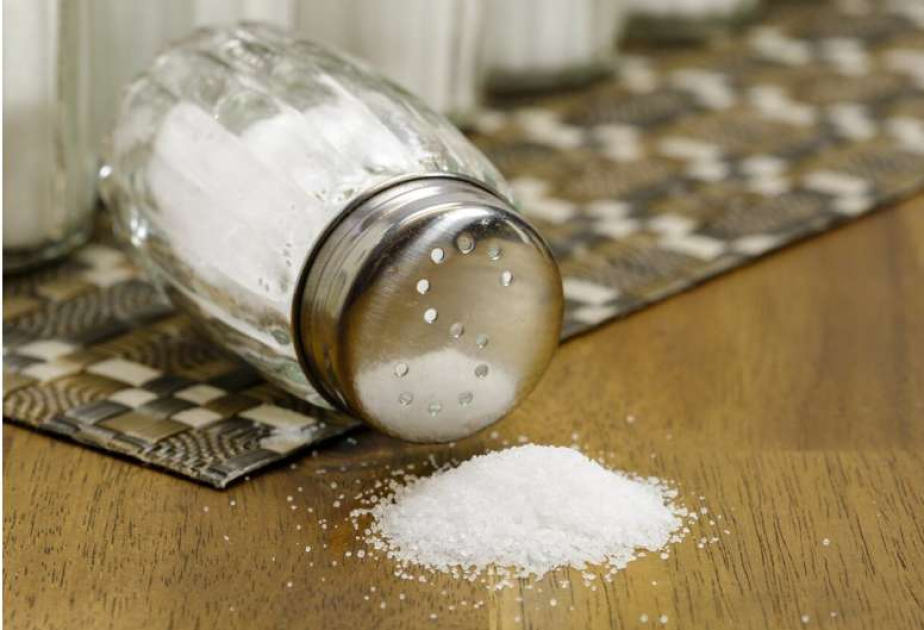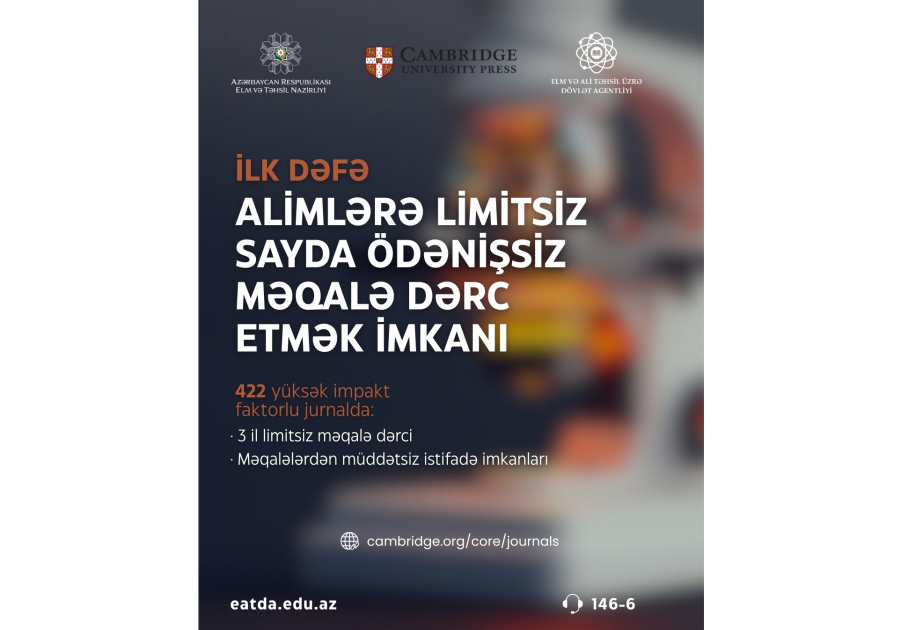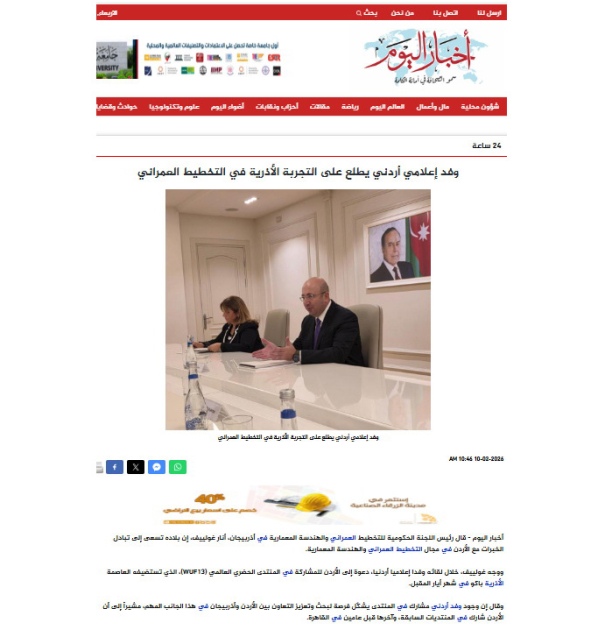Potassium supplements in salt were associated with reduced rates of recurrent stroke and mortality in a large-scale cluster randomized clinical trial involving patients in rural northern China, according to the Medical Xpress.
Findings come from a subgroup (stroke patients) analysis within the original Salt Substitute and Stroke Study (SSaSS), an international study conducted in China.
Stroke ranks among the top causes of death and disability in low- and middle-income countries, and recurrent events remain a major concern. High sodium intake and low potassium intake are considered key risk factors, especially in northern China. In China, stroke recurrence rates are higher than global averages, reaching 17% at one year and 41% over five years.
The SSaSS trial involved 600 villages and 20,995 individuals in rural China. In the previous studies, researchers replaced participants' salt with a 75% salt, 25% potassium chloride substitute.
In the study, "Salt Substitution and Recurrent Stroke and Death: A Randomized Clinical Trial," published in JAMA Cardiology, the team analyzed data from 15,249 participants who had previously reported suffering from stroke.
Researchers used data from the original study, which monitored blood pressure, stroke recurrence, mortality, and safety outcomes, including hyperkalemia risk. Urinary sodium/potassium excretion was also tracked.
Over the study period, recurrent stroke was 14% lower in the 25% potassium substitute group compared with the regular salt group, the same as found in the original full cohort study.
Mean systolic blood pressure over follow-up was lower in the salt substitute group compared with controls. A total of 2,735 recurrent stroke events occurred, with 691 fatal and 2,044 nonfatal episodes.
Hemorrhagic stroke showed a 30% relative reduction, and stroke-related deaths decreased by 21%. No meaningful difference in hyperkalemia was observed between groups.
Findings indicate that salt reduction with 25% potassium is a safe, low-cost dietary intervention that can reduce stroke recurrence and mortality among stroke survivors. Researchers suggest broader implementation of salt substitutes, particularly in regions with high sodium intake and limited access to preventive health care.





















